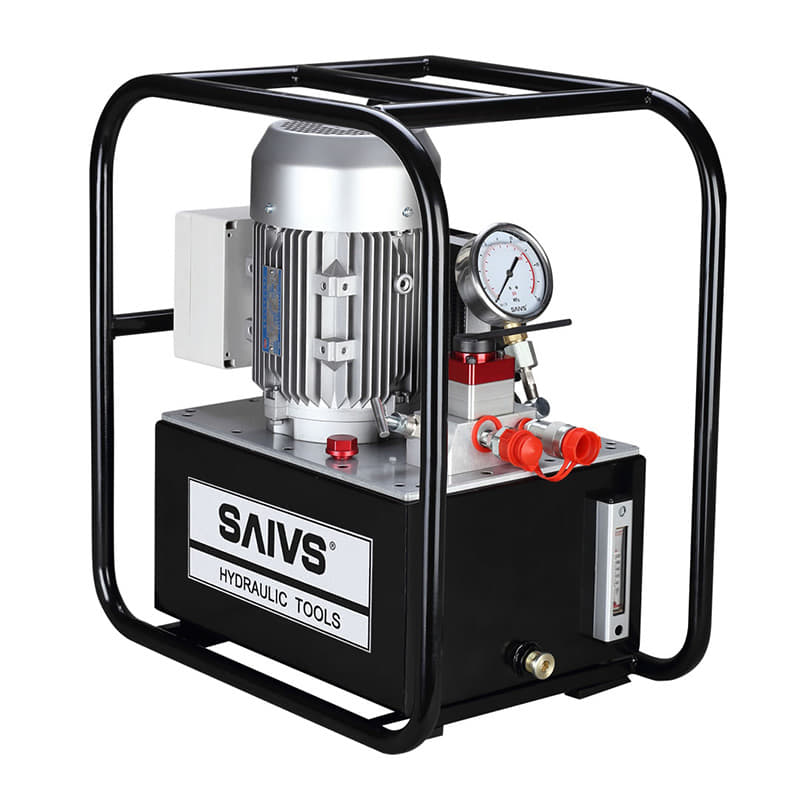5 Tips To Maintenance Hydraulic Pump
Introduction:
hydraulic pumps play a crucial role in various industries, powering machinery and equipment through the transmission of hydraulic fluid.
Proper maintenance is essential to ensure the longevity and efficiency of hydraulic pumps.
In this article, we will explore the frequency of maintenance, signs indicating the need for maintenance and practical maintenance techniques.
I. How often should hydraulic pumps be maintained?
The frequency of Hydraulic pump maintenance depends on several factors, including the type of pump, the operating environment,
and the duty cycle. In general, hydraulic pumps should be inspected and serviced at least once a month.
However, if the pump is operating in a harsh environment, such as a dusty or dirty location, it may need to be serviced more frequently.
II. Signs indicating the need for maintenance:
Change in Performance:
-Reduction in pump efficiency
-Increased noise levels during operation
-Sluggish or inconsistent Hydraulic System performance
Fluid Leaks:
-Visible leaks around pump seals and connections
-Sudden drops in hydraulic fluid levels
Temperature Changes:
-Unexplained increases in hydraulic fluid temperature
-Overheating of pump components
Unusual Sounds:
-Grinding, whining, or banging noises during pump operation
Vibration:
-Excessive vibrations indicating misalignment or wear
III. Maintenance Techniques:
Hydraulic pump maintenance tips
There are several things you can do to maintain your hydraulic pumps. These include:
Check the hydraulic oil level regularly:
The oil level should be between the high and low marks on the oil dipstick.
Keep the suction filter clean:
A clogged suction filter can restrict the flow of oil to the pump, which can lead to premature wear.
Replace the hydraulic filter regularly:
The frequency of filter replacement depends on the type of filter and the operating conditions.
In general, filters should be replaced every 500 to 1,000 hours of operation.
Inspect the pipes and pipe connections for leaks:
Leaks can cause oil contamination and damage to other components.
Follow a regular maintenance schedule:
A good maintenance schedule will help to ensure that your hydraulic pumps are properly maintained and will last for many years.
Conclusion:
Proper maintenance of hydraulic pumps,including avoiding dry starts,is essential for their reliable and efficient operation.
By adhering to a regular maintenance schedule and promptly addressing signs of wear or malfunction,
operators can extend the lifespan of hydraulic pumps and minimize the risk of unexpected breakdowns.
Following these guidelines will contribute to a smoother workflow and increased productivity in hydraulic-powered systems.
Why Choose SAIVS™ as Your Supplier?
With 20 years of industry experience, SAIVS is a leading Chinese manufacturer of high-quality tools, offering competitive pricing and excellent customer service.We pride ourselves on exceptional quality control, extensive experience, and comprehensive after-sales service.
